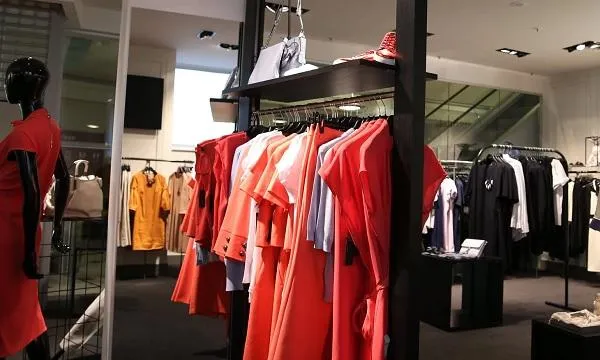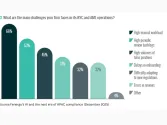
Opportunities await for DTC retail model: report
More retailers who traditionally sold through department stores are switching to direct-to-consumer sales.
The benefits offered by the direct-to-consumer (DTC) model make it very attractive and lucrative for both well-established as well as upcoming retailers operating in the Asia Pacific region, according to GlobalData in a report.
Retailers in the region that have traditionally sold their merchandise through outlets such as department stores, partner retailers or marketplaces are now switching their focus to the DTC model, GlobalData’s retail analyst Vijay Bhupathiraju said.
In particular, the early successes of retailers such as Indian mattress retailer SleepyCat, Singapore’s gamers chairs brand Secret Labs, Thailand’s online fast fashion women’s wear brand Pomelo Fashion have demonstrated the trend in the region.
“The goal of this shift is to improve their product margins and have greater control over their brand image and consumers’ shopping experience,” Bhupathiraju said.
DTC players rely solely on company operated stores, websites and mobile apps, thereby, completely avoiding any third party in their value chain. This enables them to have a greater control over their products and services.
The nationwide lockdowns have forced consumers to alter their shopping habits due to longer periods at home. With physical stores being closed, customers are focusing more on the online channels, which have been growing as the younger tech-savvy population increasingly become the core consumers, the report noted.
“Consumers are apprehensive about products in a traditional supply chain model that pass through several touch points increasing the risk of contracting the virus. This could be greatly reduced in a DTC model,” Bhupathiraju said.
He added that the latest spike in the number of infections in some countries, such as India and Bangladesh, will further drive the demand for DTC offerings.



















 Advertise
Advertise







